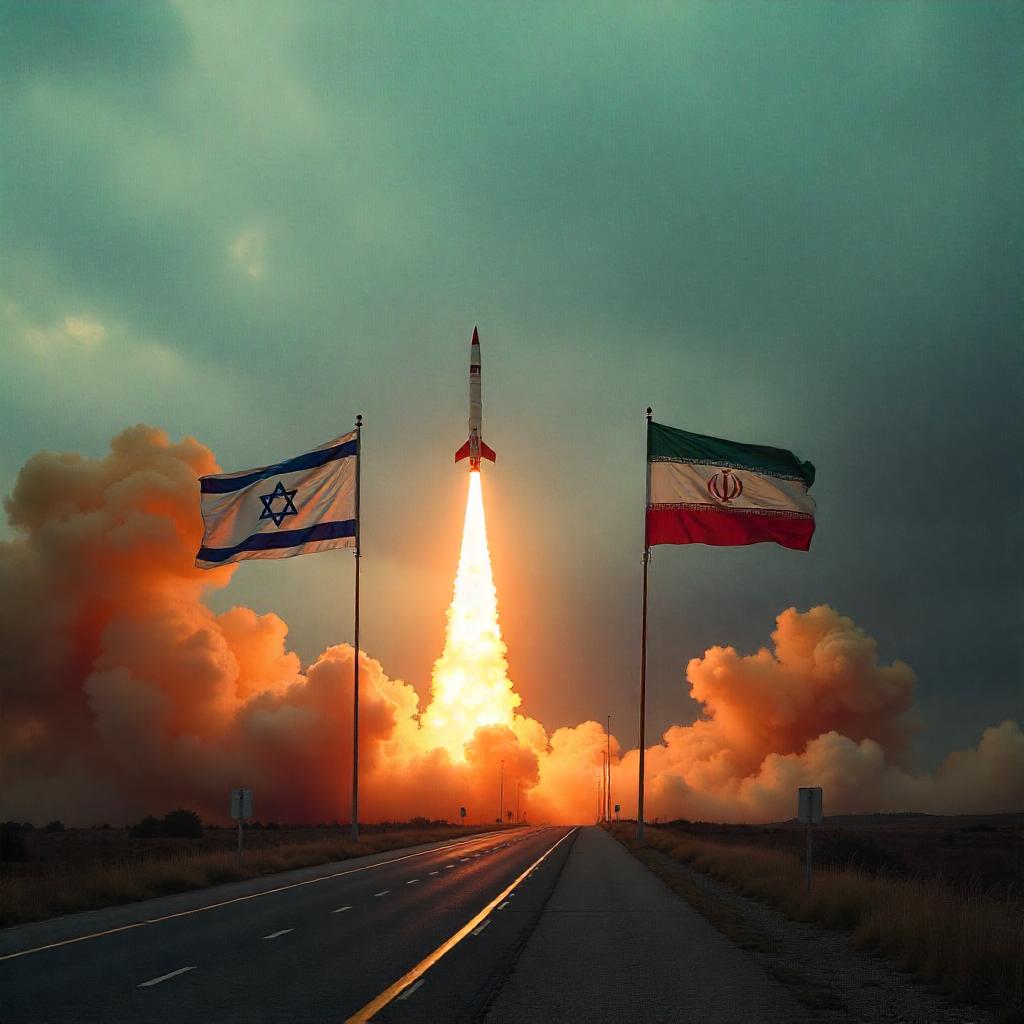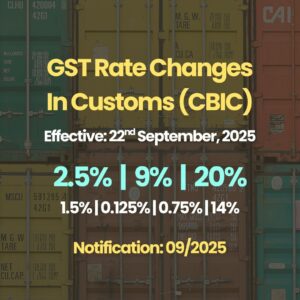India’s Growing Trade with Israel: Tech, Defense & More
India and Israel may seem like an unlikely trading duo at first glance — separated by geography, language, and vastly different ecosystems. But scratch the surface, and you’ll find a powerful, fast-growing partnership rooted in shared innovation, strategic alignment, and mutual benefit.
From advanced technology and agricultural innovations to diamonds and defense deals, the India–Israel trade relationship has evolved into a key bilateral channel. And with the ongoing conflict between Israel and Iran, India now faces potential disruptions across this high-value trade corridor.
Let’s take a closer look at the nature and scale of India’s trade with Israel in 2025.
What India Imports from Israel
India relies on Israel for a wide range of high-tech, high-impact imports — many of which power sectors like defense, telecom, agriculture, and manufacturing.
1. Electronics and Telecom Equipment
Israel has emerged as a hub for semiconductors, telecommunication devices, and optical instruments — all of which find increasing demand in India’s growing industrial and digital infrastructure sectors.
2. Advanced Irrigation & Water Management Technology
Israel’s expertise in drip irrigation, smart sensors, and water recycling systems has significantly contributed to India’s agricultural productivity in arid zones, especially in Rajasthan, Gujarat, and Maharashtra.
3. High-End Security and Surveillance Systems
With growing national security concerns, India has turned to Israel for advanced radar systems, cybersecurity tools, drone surveillance tech, and border control solutions.
4. Fertilizers and Agricultural Chemicals
While the majority of India’s fertilizer imports come from the Gulf, Israel supplies specialty fertilizers, plant nutrients, and pest-control solutions tailored for precision farming.
What India Exports to Israel
On the flip side, India provides Israel with both raw materials and finished goods — particularly in sectors like jewelry, textiles, and agri-products.
1. Precious Stones and Gems
India is a global leader in cut and polished diamonds, many of which are exported to Israel’s diamond trading hubs. This sector alone accounts for a significant chunk of India’s exports to Israel annually.
2. Textiles and Garments
India exports a wide range of woven garments, cotton fabrics, home furnishings, and industrial textiles to Israel’s retail and manufacturing markets.
3. Agricultural Produce
India exports grains, tea, spices, and fresh fruits to Israel. These are especially significant given the country’s limited domestic farming capacity and reliance on food imports.
4. Engineering and Industrial Goods
This includes machinery parts, auto components, industrial valves, and electrical transformers.
Israel values India’s combination of cost efficiency and technical skill, making Indian products competitive and attractive in their domestic market.
Strategic Angle: Israel as a Defense Partner
Beyond traditional trade, Israel is one of India’s most trusted defense technology suppliers. Over the past two decades, the two nations have signed several billion-dollar agreements for:
Air defense systems (like the Barak-8)
Drones and UAVs
Missile systems
Radar and surveillance equipment
Cybersecurity infrastructure
Many of these are joint ventures involving Indian firms under the “Make in India – Defense” initiative.
Current Concern:
The ongoing conflict with Iran may impact:
Timelines of defense deliveries
R&D collaborations
On-ground testing and deployment
Potential reallocation of Israeli defense production to domestic needs
While both countries are working to maintain continuity, delays or rerouting of procurement cannot be ruled out — especially if logistics channels become compromised.
Trade Volume & Growth Trajectory
According to the Department of Commerce, bilateral trade between India and Israel crossed $10 billion in 2024, including goods and defense deals. And it’s not slowing down — both nations have expressed interest in signing a Free Trade Agreement (FTA) to further reduce barriers and simplify customs processes.
With Israel’s focus on high-tech innovation and India’s manufacturing scale, this partnership is expected to expand across areas like:
Renewable energy
AI and robotics
EdTech and MedTech
Agricultural automation
Smart infrastructure





